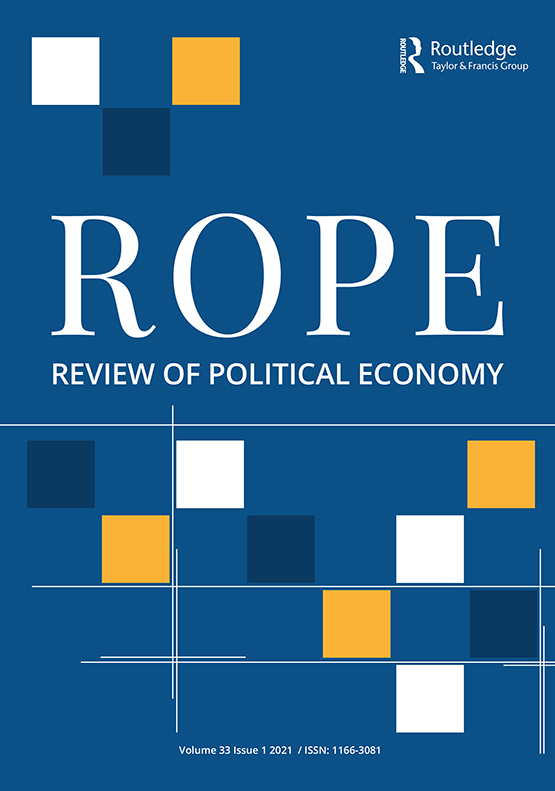As mentioned in my previous post, Perry Anderson has three essays in London Review Of Books on Brexit, where he is quite critical of the EU.
Two quotes:
Everyone has an idea what a nation-state is, and many know that 27 countries (with the UK’s departure) are member states of the European Union. What is the conceptual difference between the two? Bickerton’s definition is succinct. ‘The concept of member state expresses a fundamental change in the political structure of the state, with horizontal ties between national executives taking precedence over vertical ties between governments and their own societies.’
and
After a referendum campaign of ten weeks, 58 per cent of Tory, 37 per cent of Labour and 96 per cent of Ukip voters opted for Leave, yielding an overall majority of 52 per cent for Brexit, rising to 64 per cent in the poorest three categories of the population, C2DE. The only socioeconomic group where a majority voted to Remain was the most affluent stratum of the population, composed of members of categories A and B. All others preferred Leave. But if voters were divided not by income but by age and education, the result looked very different. Of those between 18 and 24 who voted, 73 per cent chose Remain; between 25 and 34, 62 per cent; between 35 and 44, 52 per cent; the majority of those over 44 voted for Leave. Similarly, 57 per cent of those with university degrees opted to Remain, 64 per cent with higher degrees, and 81 per cent in full-time education. Geographically, in England it was in university towns alone that Remain won handsomely.
So the ‘Remain’ camp consisted of globalists trying to defend their interests!
